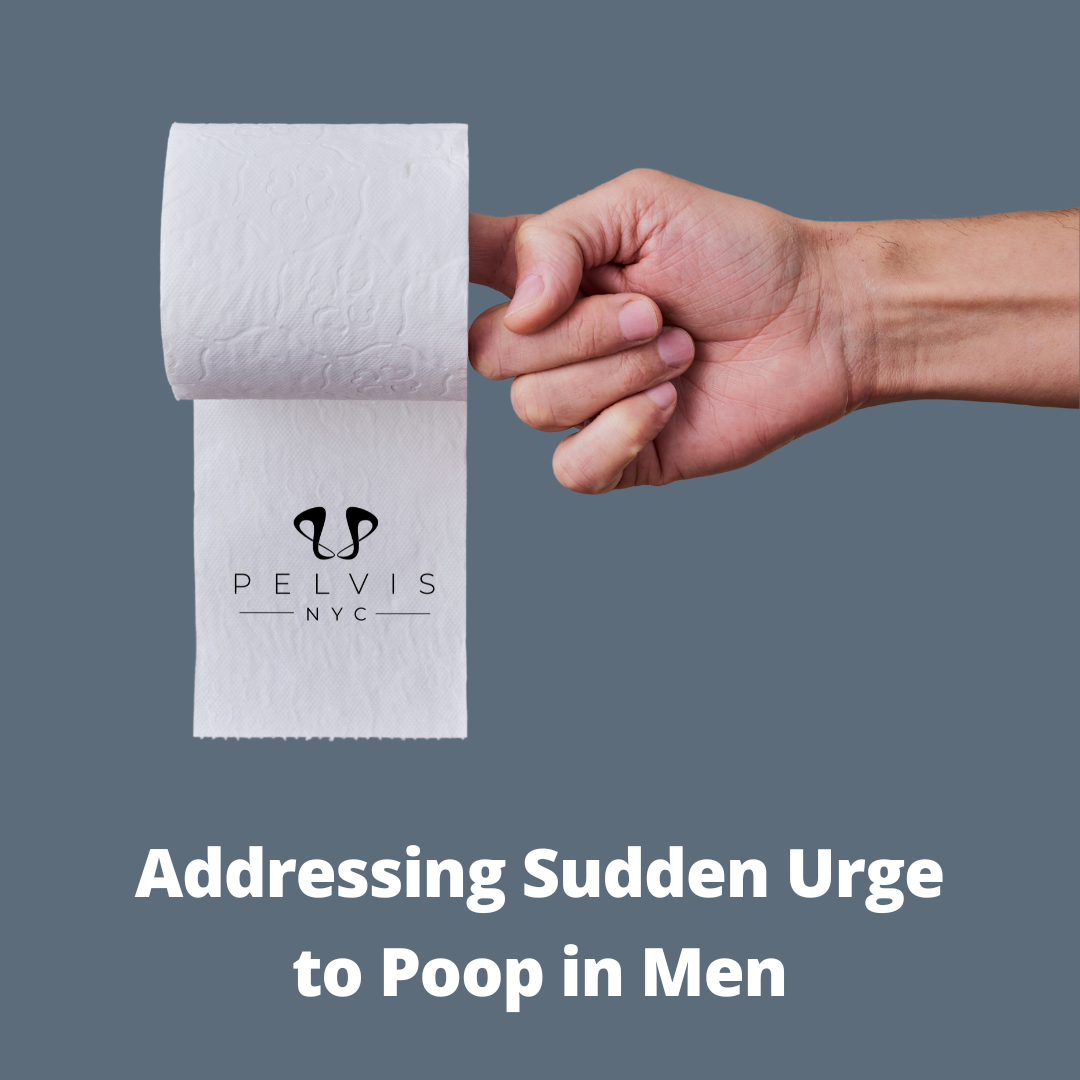Have you ever experienced a sudden urge to poop, but couldn’t hold it in? It’s okay, it’s normal, and everyone has been all there. This sensation can be uncomfortable and embarrassing, but I’m here to address everything you need to know about sudden urges to poop in men. We’ll cover everything including the causes, symptoms, and treatments available.
What does it mean by Sudden Urge to Poop?
Sudden urges to poop mean a sudden and uncontrollable need to poop, even when you just went to the bathroom. Basically, your body sends a signal to your brain that you need to go to the bathroom right away, and sometimes it’s difficult to hold in. This can be a problem in your everyday life, but it’s important to know that it’s there are ways to manage bowel problems with the right treatment plan.
What Causes it?
There are a few factors that can contribute to sudden urges to poop in men, including:
- Irritable bowel syndrome (IBS): IBS is a common digestive disorder that can cause changes in bowel habits, including sudden urges to poop.
- Constipation: Chronic constipation can cause fecal matter to build up in the colon, leading to a sudden urge to poop.
- Food allergies or intolerances: Certain foods can trigger digestive symptoms, including sudden urges to poop.
- Fecal incontinence: Fecal incontinence is the inability to control bowel movements, which can lead to sudden urges to poop.
- Neurological conditions: Conditions such as multiple sclerosis or Parkinson’s disease can affect bowel control, leading to sudden urges to poop.
What are the symptoms?
Symptoms of sudden urges to poop in men may include:
- A sudden, intense need to have a bowel movement
- Difficulty holding in bowel movements
- Frequent bowel movements
- Abdominal pain or discomfort
- Bloating or gas
- Fecal incontinence
Treatment Options for Sudden Urges to Poop
Available treatment for sudden urges to poop in men will depend on the underlying cause of the symptoms. Treatment options may include:
- Dietary changes: Changes to your diet, such as increasing fiber intake and avoiding trigger foods, can help regulate bowel movements and reduce sudden urges to poop.
- Medications: Certain medications, such as laxatives or anti-diarrheal, can help manage bowel symptoms and reduce sudden urges to poop.
- Pelvic floor exercises: Strengthening the muscles of the pelvic floor can help improve bowel control and also reduce sudden urges to poop.
- Biofeedback therapy: Biofeedback therapy can help men learn how to control their bowel movements by providing real-time feedback on muscle activity.
- Surgery: In severe cases of fecal incontinence, surgery may be necessary to repair or replace damaged muscles or nerves.
As a physical therapist, I often recommend pelvic floor exercises to strengthen the muscles of the pelvic floor, which can help improve bowel control and reduce sudden urges to poop. Additionally, I work with my patients to identify trigger foods and make dietary changes to regulate bowel movements.
Got more questions? Go to www.pelvis.nyc and seek help if you’re experiencing symptoms of bowel problems or fecal incontinence. I am here to help you figure out the underlying cause of your symptoms and recommend a treatment plan that works for you.

